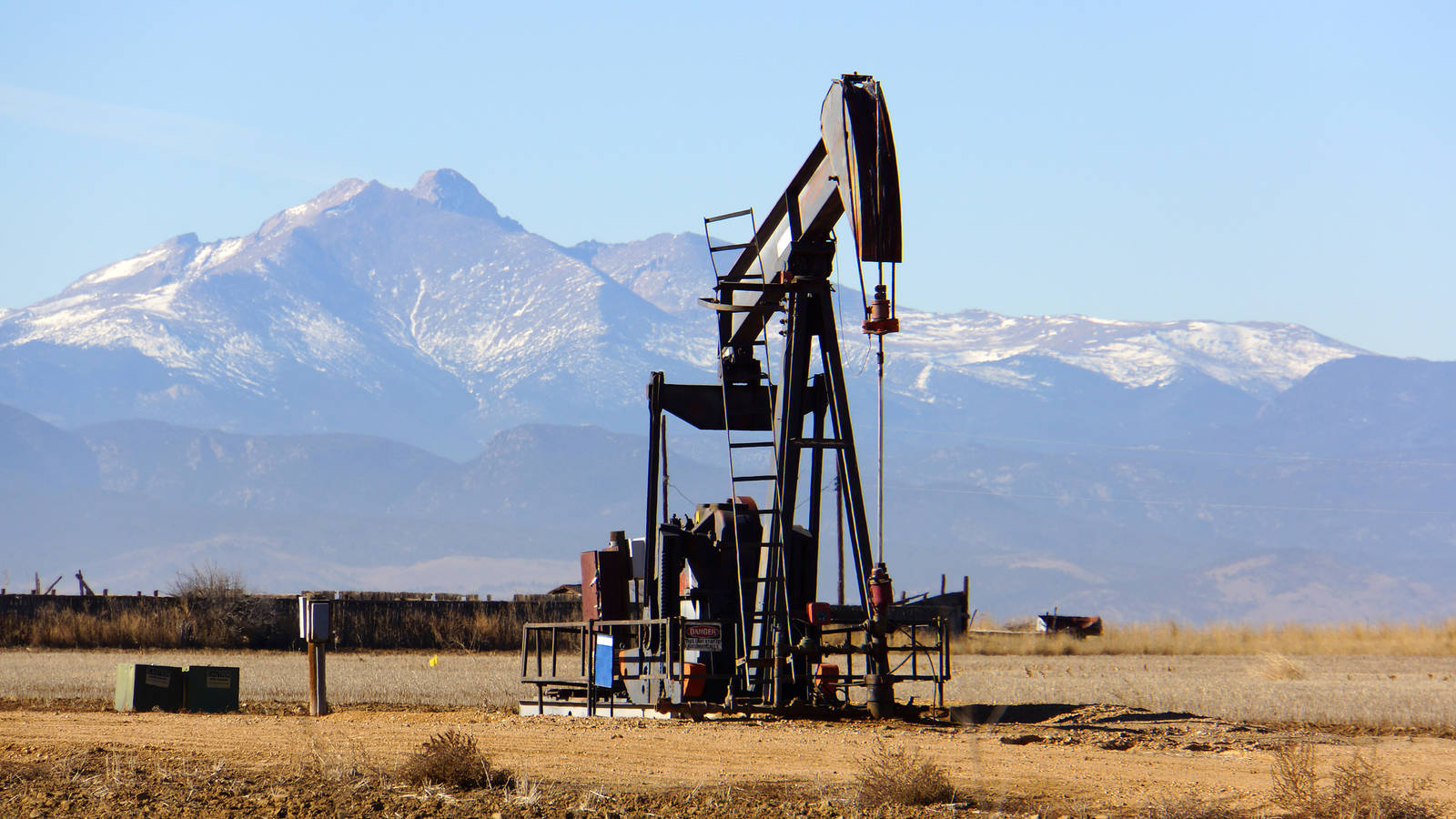By Glynn Wilson –
WASHINGTON, D.C. – In the latest move by the Trump administration and the Republicans in Congress to weaken federal regulations and conduct a war on science and the environment, Congressman Paul Gosar, a Republican from Arizona, introduced a bill on Tuesday that would pave the way for more oil and gas drilling and fracking in America’s national parks with virtually no federal oversight.
H.J. Res. 46 seeks to repeal updates to the National Park Service’s “9B” rules requiring detailed planning and safety standards for oil and gas drilling inside the more than 40 national parks that have “split estate” ownership, where the federal government owns the surface but not the subsurface mineral rights.
The resolution is just the latest in a series of moves by federal lawmakers to weaken environmental protections for national parks under the Congressional Review Act, according to the National Parks Conservation Association.
The action comes on the heals of a blackout by Trump on federal agencies releasing information to the public in what critics are calling a blackout and a war on science itself.
If these repeals are signed into law, it will not only stop these protections, it will also prohibit agencies from issuing similar rules and protections in the future, unless directed by Congress.
The House is also set to vote Friday to repeal rules to prevent the waste of methane gas from oil and gas facilities, and to repeal Bureau of Land Management “Planning 2.0” rules, which seek to guide an appropriate balance of energy development, conservation and recreation on public lands by better utilizing environmental science.
“These challenges are direct attacks on America’s national parks. Each of these rules provides the commonsense protections for national parks that millions of Americans demand,” said Nicholas Lund, Senior Manager of National Parks Conservation Association’s Conservation Programs.
“If the Park Service’s drilling rules are repealed, national parks across the country would be subjected to poorly regulated oil and gas drilling, threatening parks’ air, water and wildlife,” he said. “These attempts to weaken protections put our parks at risk. And by using the Congressional Review Act process, Congress is forever tying the hands of the agencies charged with protecting America’s favorite places. If Congress wants to protect national parks for future generations, it must reject these challenges.”
There are more than 40 national parks where the federal government does not own the mineral rights below the surface, including Cuyahoga Valley NP in Ohio, Theodore Roosevelt National Park in North Dakota and Mesa Verde National Park in Colorado.
The 9B rules are updates to rules established in 1978 setting reasonable safeguards for national parks from private oil and gas development. The rules simply require an operator to produce a Plan of Operations before accessing their mineral rights, give the National Park Service the authority to conduct safety enforcement and provide standard technical requirements for the safeguarding of national park air, water, and wildlife.
“If Congress repeals these rules, drilling could occur in national parks with little more than bare-minimum state regulations. The Park Service will have essentially no authority over oil and gas development proposed inside national parks,” Lund says. “Leaks and spills could go unpunished without NPS authority to enforce safety standards.”
In addition, companies would be able to build roads through national parks to begin drilling, such as the 11-mile road through the heart of Big Cypress National Preserve built to reach an oil and gas lease. Drilling companies would not be required to inform parks or park visitors about when or how drilling operations would occur.















So why doesn’t the federal government simply buy the mineral mining rights held by private parties beneath national parks and monuments? And then decline to exercise these rights. Problem solved.
Maybe Obama should have thought of that. It won’t happen now.